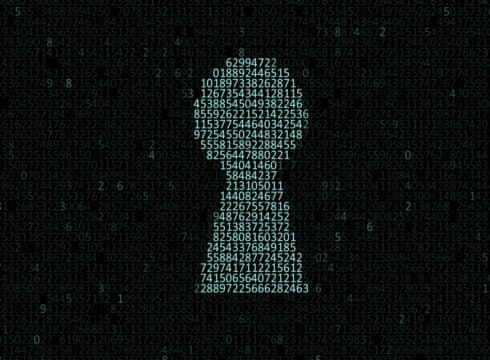Karnataka Deputy Chief Minister CN Ashwath Narayan has said that the state would soon have a cybersecurity policy
Narayan said that since Bengaluru is the hub for tech companies in India, it naturally becomes the prime target for cyberattacks
Indian citizens, commercial and legal entities faced almost 7 lakh cyberattacks till August this year
Inc42 Daily Brief
Stay Ahead With Daily News & Analysis on India’s Tech & Startup Economy
Karnataka’s Deputy Chief Minister CN Ashwath Narayan, on Monday (October 5), reiterated his government’s commitment to introduce a cybersecurity policy to address the needs of all stakeholders, including students, working professionals and government agencies.
The statement came as the state government observes October as cybersecurity month to raise awareness. Narayanan, who is also the minister of information technology, noted that with digital transactions picking up in the country, cybersecurity had rightfully assumed more importance.
He also noted that since Bengaluru is the hub for tech companies and startups, it will naturally be the prime target for cyberattacks. Hence, a robust infrastructure for ensuring cybersecurity is essential.
Narayan’s views about the importance of cybersecurity are justified, more so since India has an abysmal track record when it comes to dealing with cyber attacks.
India Remains Vulnerable To Cyber Attacks
On September 22, the Ministry of Electronics and Information Technology (MeITY) told Parliament that Indian citizens, commercial and legal entities faced almost 7 lakh cyberattacks till August this year.
The Indian Computer Emergency Response Team (CERT-In) has “reported 49,455, 50,362, 53,117, 208,456, 394,499 and 696,938 cybersecurity incidents during the year 2015, 2016, 2017, 2018, 2019 and 2020 (till August) respectively,” the MeITY said while responding to an unstarred question in the Lok Sabha regarding cyberattacks on Indian citizens and India-based commercial and legal entities.
According to an Inc42 report from January this year, government data shows that in 2019 alone, India witnessed 3.94 lakh instances of cybersecurity breaches. In terms of hacking of state and central government websites, Indian Computer Emergency Response Team (CERT-In) data shows that a total of 336 websites belonging to central ministries, departments and state governments were hacked between 2017 and 2019.
In August, Inc42 reported on the breach of server for government-sanctioned travel marketplace RailYatri, which left the data of 7 lakh users on the platform exposed. In the same month, Indian edtech platform Edureka’s US-based server was also left unsecured, with the personal data of more than 2 Mn users left exposed for several days.
According to Nasscom’s Data Security Council of India (DSCI) report 2019, India witnessed the second-highest number of cyberattacks in the world between 2016 and 2018. This comes at a time when digitisation of the Indian economy is predicted to result in a $435 Bn opportunity by 2025.
In a bid to control the growing incidents of cybercrime in the country, the government, in February this year, set up a National Cyber Research, Innovation and Capacity Building Centre in Hyderabad, Telangana.
In his speech on Independence Day (August 15) this year, Prime Minister Narendra Modi said that the country would soon have a more robust cybersecurity policy.
Currently, the primary law for dealing cybersecurity offences in India is the Information Technology Act, last amended in 2008.
{{#name}}{{name}}{{/name}}{{^name}}-{{/name}}
{{#description}}{{description}}...{{/description}}{{^description}}-{{/description}}
Note: We at Inc42 take our ethics very seriously. More information about it can be found here.


